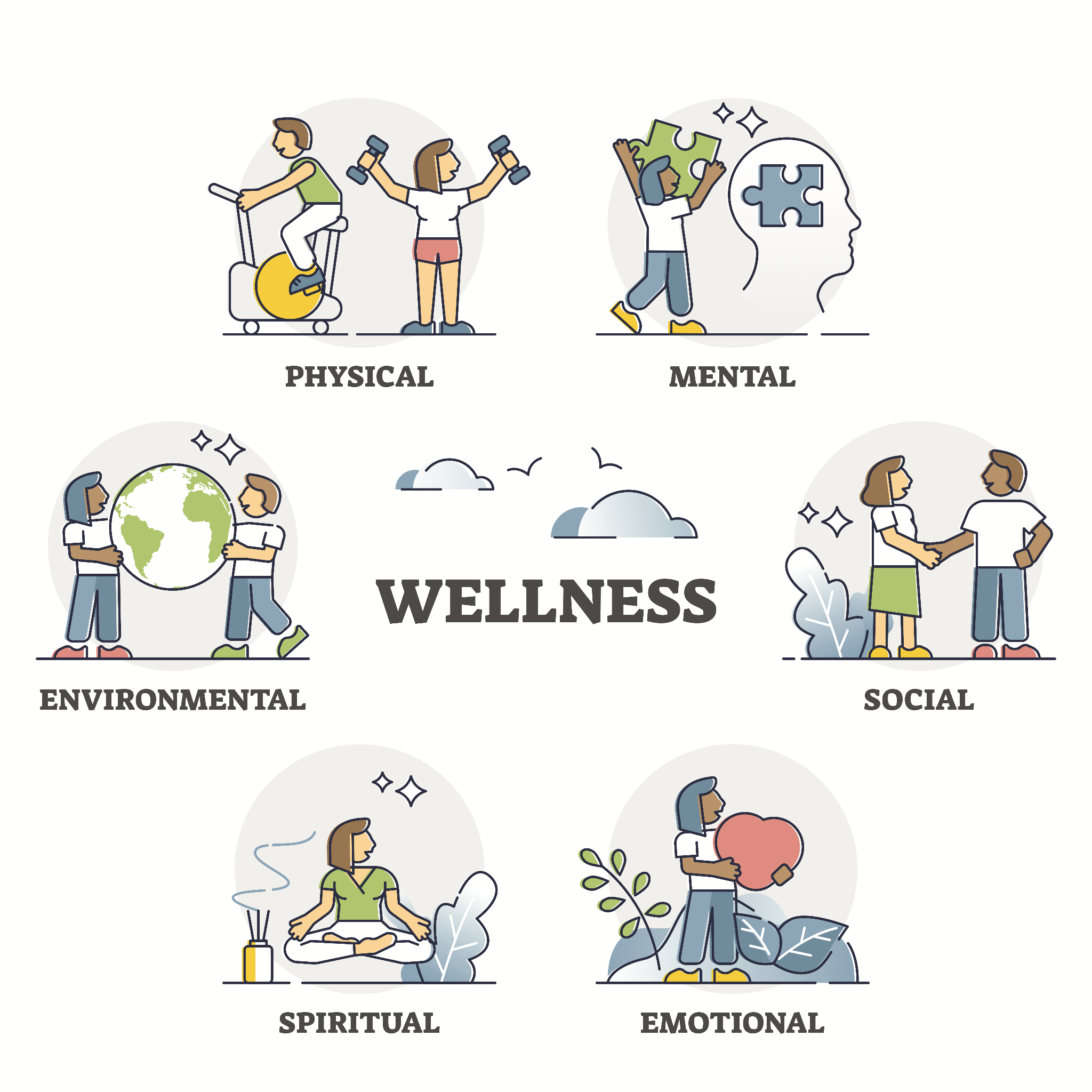Discover the rewarding benefits of rehab near Chester NJ
Wiki Article
Comprehensive Guide to Chemical Abuse Treatment: Recognizing, Techniques, and Enduring Recovery
Chemical abuse describes the damaging or hazardous usage of copyright compounds, consisting of alcohol and immoral medicines. It is not just an issue of determination or bad decision-making-- it's an intricate problem influenced by biological, mental, and social factors. Individuals struggling with drug abuse commonly experience uncontrollable drug-seeking habits in spite of adverse effects in their personal, professional, and social lives. Over time, these materials can modify mind function, hinder judgment, and create emotional and physical dependence. Comprehending the nature of Substance Abuse is the primary step towards resolving it successfully.The root causes of drug abuse are complex. Genetics, psychological health problems, environmental pressures, trauma, and exposure to compounds at a very early age can all add to the advancement of addiction. It is usually interlinked with conditions such as anxiety, anxiousness, or post-traumatic stress and anxiety problem (PTSD) For several individuals, medicines and alcohol come to be coping devices-- tools to escape psychological pain or stress and anxiety. Nevertheless, this short-term alleviation swiftly paves the way to long-term effects, as tolerance constructs and the individual needs even more of the Substance to achieve the very same effect.
Recognizing the indications of Substance Abuse early on can avoid the problem from intensifying. Usual warning indications consist of changes in habits, forget of responsibilities, withdrawal from liked ones, economic difficulties, and physical symptoms such as fat burning, fatigue, or poor hygiene. When left without treatment, Substance Abuse can cause extreme health problems, damaged connections, and even sudden death. Consequently, early intervention and access to treatment are vital for people fighting with dependency.
The Significance of Seeking Drug Abuse Treatment
Seeking specialist therapy for chemical abuse is just one of one of the most essential decisions a person can create their wellness and future - Inpatient rehab. Dependency is not something that can be conquered by determination alone-- it calls for organized treatment, support, and consistent support. Treatment programs are designed to deal with both the physical dependancy and the underlying emotional or emotional issues that drive addicting behaviors. Without treatment, the cycle of relapse and self-destruction frequently continues, placing the person's life and health in jeopardyThe relevance of specialist treatment depends on its capacity to supply a risk-free and regulated atmosphere for recovery. Throughout detoxification, physician help patients handle withdrawal symptoms that can be potentially life-threatening and unpleasant. After therapy, therapy and detox sessions allow individuals to challenge the root creates of their addiction, create coping skills, and restore their feeling of self-regard. Treatment likewise assists re-establish healthy regimens, structure, and accountability-- every one of which are crucial for lasting recuperation.
Past the emotional and physical facets, Substance Abuse therapy plays a significant function in recovering relationships and social functioning. Addiction usually results in damaged trust fund, isolation, and strained household characteristics. Via family therapy and team sessions, people can restore communication and reconnect with loved ones. By including household participants in the recuperation process, treatment programs strengthen the support network required for preserving soberness. In significance, seeking therapy is not practically giving up medicines or alcohol-- it has to do with redeeming one's life and developing a foundation for a much healthier, extra fulfilling future.
Kinds Of Drug Abuse Treatment Programs
There is no one-size-fits-all approach to dealing with addiction. Each person's trip is distinct, and so are their therapy requires. Drug abuse treatment programs can be classified into several kinds, varying from inpatient rehabilitation to outpatient counseling and all natural treatment. The choice of therapy depends upon elements such as the extent of dependency, the presence of co-occurring psychological health problems, and the individual's way of living and support group.Inpatient or Residential Treatment supplies a highly organized atmosphere where individuals stay in a treatment center for a particular period, typically between 30 and 90 days. This kind of program uses continuous clinical supervision and extensive treatment sessions. It's excellent for individuals with serious dependencies or those who have actually slipped back several times. Inpatient care eliminates the person from daily triggers and lures, allowing them to concentrate solely on recovery. Therapies might include cognitive-behavioral therapy (CBT), dialectical behavior modification (DBT), and team counseling, all targeted at helping people comprehend and handle their addiction.
Outpatient Therapy Programs supply even more versatility, enabling people to continue with their daily obligations while attending arranged therapy sessions. This technique is commonly appropriate for people with mild to moderate dependencies or as a step-down phase after finishing inpatient rehab. Outpatient programs highlight accountability and lasting relapse prevention strategies. They might consist of individual counseling, medication-assisted therapy (FLOOR COVERING), and support system such as Narcotics Anonymous (NA) or Alcoholics Anonymous (AA)
Along with these, alternative and alternate treatments are ending up being progressively preferred. These programs resolve the spirit, mind, and body link by integrating practices such as yoga exercise, meditation, art therapy, and nutritional counseling. Lots of facilities likewise offer dual-diagnosis therapy for those managing both addiction and psychological wellness disorders. This detailed approach makes certain that the person gets versatile treatment that advertises recovery on multiple degrees.
The Advantages of Substance Abuse Therapy
The benefits of undertaking chemical abuse treatment prolong far beyond avoiding medicines or alcohol. One of the most instant benefits is boosted physical wellness. Lasting Substance Abuse takes a toll on the body, impacting important organs such as the mind, liver, and heart. Through cleansing and clinical care, the body begins to repair itself, bring about better energy degrees, improved rest, and a more powerful body immune great site system. Nutrition and health and fitness programs within rehab facilities additionally improve physical recovery.
Emotional and mental wellness benefits are just as significant. Addiction typically masks underlying mental problems that require to be dealt with. Throughout therapy, people access to accredited specialists and counselors that help them navigate sensations of embarassment, guilt, or injury. By developing emotional recognition and strength, individuals learn healthier methods to take care of tension and more causes. Cognitive-behavioral treatment (CBT) and various other evidence-based strategies empower people to change negative thought patterns that add to regression.

Evidence-Based Methods in Modern Addiction Treatment
Today's Substance Abuse therapy methods are based in clinical study and clinical method. Evidence-based therapies make sure that people obtain interventions shown to be effective. Among the most commonly made use of techniques is Cognitive-Behavioral Therapy (CBT), which assists people change and recognize thought patterns that lead to Substance usage. By comprehending the link in between feelings, actions, and ideas, people can find out to handle triggers in much healthier methods - substance abuse treatment Morris County. CBT is usually incorporated with other therapies to resolve co-occurring conditions such as anxiety or anxiousnessOne more efficient strategy is Medication-Assisted Treatment (MAT), particularly for opioid and alcoholism. MAT uses FDA-approved drugs such as methadone, naltrexone, or buprenorphine to minimize desires and withdrawal signs and symptoms. When combined with therapy and behavior modification, floor covering significantly improves treatment retention and decreases relapse prices. It permits individuals to support their lives while focusing on emotional recovery and restoring partnerships.
Team and family members treatment are additionally integral components of evidence-based therapy. Group sessions develop a space for people to share their tales and get insights from others in healing. Family therapy, on the other hand, addresses the relational damages triggered by addiction. It helps loved ones comprehend the nature of the illness and outfits them with tools to provide assistance while establishing healthy boundaries. These cumulative healing methods reinforce the recovery process and advertise long-term recovery.
Developing a Life After Therapy: Maintaining Long-Term Healing
Recuperation doesn't end after completing a treatment program-- it's a lifelong trip that calls for dedication, self-control, and continuous support. Transitioning back to daily life can be tough, as individuals are encountered with triggers, stressors, and duties that can examine their sobriety. This is where aftercare programs play a vital duty. Aftercare may include ongoing treatment, peer support groups, sober living plans, and regression prevention preparation. The objective is to aid people keep the development they've made and avoid slipping back into old patterns.Developing a new lifestyle fixated health and wellness and function is important for lasting success. Many individuals discover fulfillment by seeking leisure activities, physical fitness routines, education, or volunteer job. Building a structured daily routine helps stop dullness-- a common trigger for relapse. Reconnecting with family members, fixing connections, and surrounding oneself with favorable impacts additionally strengthens a healthy and balanced way of life. It's additionally essential to acknowledge that setbacks can take place, but they do not specify the individual's trip. What issues most is the desire to look for help and continue progressing.
Ultimately, sustained recovery is concerning change-- physically, mentally, and mentally. It involves redefining one's identity and searching for meaning beyond dependency. Individuals who devote to lasting recuperation commonly become supporters, advisors, or assistance figures for others battling with drug abuse. Their stories of resilience serve as powerful reminders that recovery is possible. With the best therapy, support, and attitude, anyone can overcome addiction and construct a fulfilling, substance-free life.
Conclusion: A Path Toward Healing and Hope

Looking for specialist therapy for Substance Abuse is one of the most vital choices a person can make for their wellness and future. Beyond the physical and emotional elements, Substance Abuse treatment plays a substantial duty in restoring connections and social performance. Substance Abuse therapy programs can be classified right into numerous types, ranging from inpatient rehab to outpatient counseling and holistic treatment. Inpatient or Residential Treatment provides a very organized environment where patients live in a therapy facility for a specific duration, normally between 30 and 90 days. The advantages of going through Substance Abuse therapy prolong much beyond abstaining from medicines or alcohol.
Report this wiki page